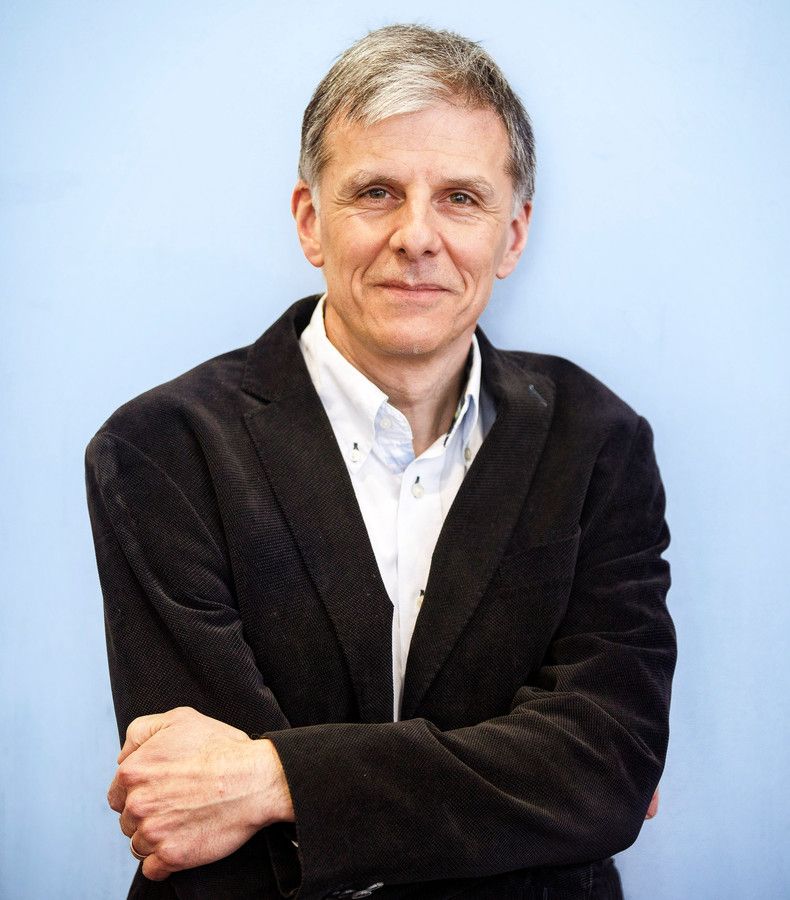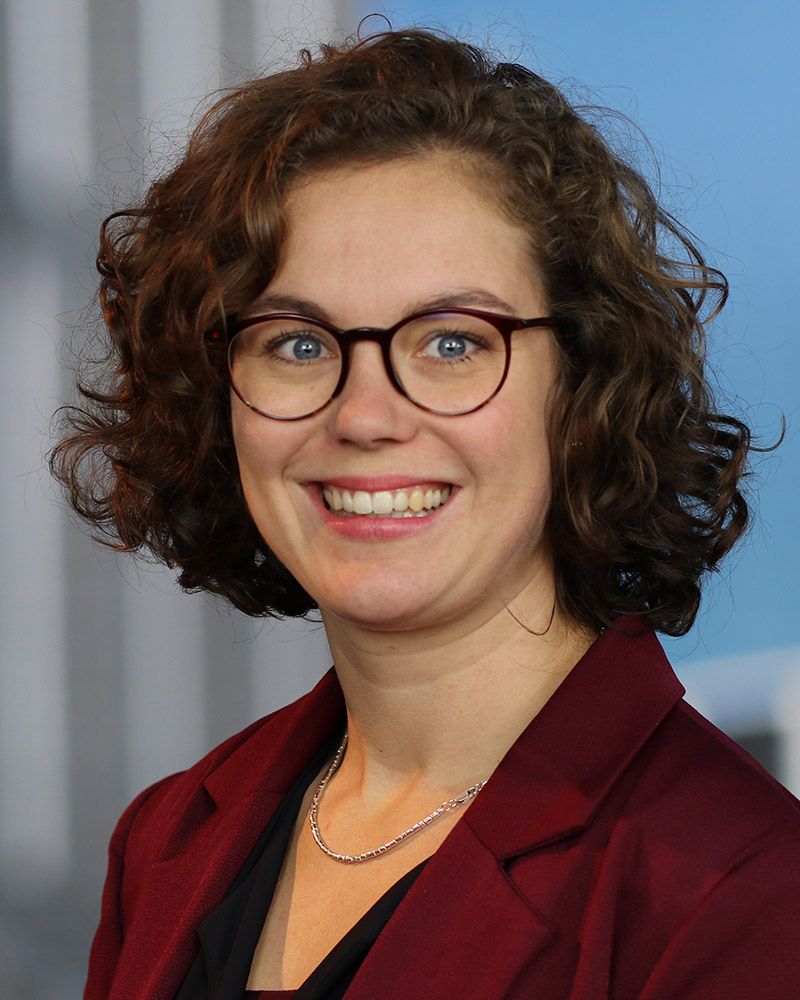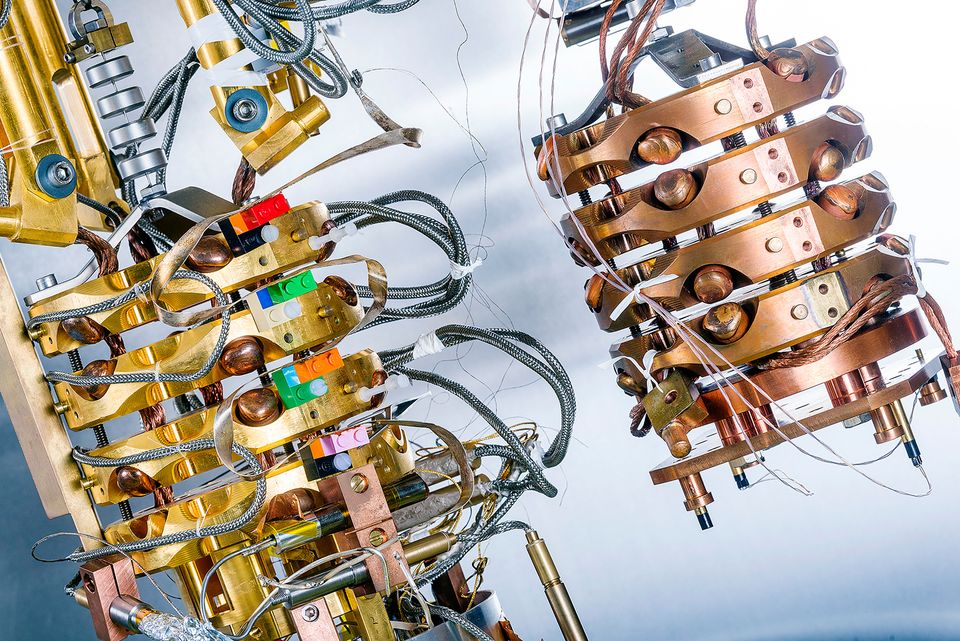The Dutch government is making sizable investments into quantum. To position the Netherlands as an internationally leading centre for quantum technology, the government has founded the Quantum Delta NL-programme. In Leiden, quantum also plays a large role. It’s no wonder that this city is one of the five quantum hubs. Leiden Convention Bureau has interviewed two employees of Leiden University about quantum in Leiden: Carlo Beenakker, who researches how a quantum computer can be utilized, and Julia Cramer, who focusses on the impact of quantum technology on society.
Carlo Beenakker
“It’s not the question whether quantum physics will be revolutionary, but when. Quantum can be revolutionary, especially when you combine it with Artificial Intelligence.”

What is quantum, and how can we use it?
Quantum physics researches the behaviour of the smallest possible particles. The small particles behave in such a way that the ‘regular’ Newtonian physics no longer apply. It is up to quantum physics to determine why this is the case and make it applicable.
Carlo Beenakker: “We are now able to work with it: there will be very powerful computers, very sensitive sensors. It could possibly fix all kinds of problems, wouldn’t that be beautiful?”
Julia Cramer adds: “If you talk about actually applying the quantum computer, we are still talking about decades. The first small-scale applications are already here. Fifteen years ago no one had a smart phone yet, and we couldn’t imagine that this invention would change our lives so much. It is very difficult to predict what the world will look like in 15 years, and what sort of an impact a certain technology might have.”
“It’s not the question whether quantum physics will be revolutionary,” Carlo Beenakker resumes, “but when. Quantum can be revolutionary, especially when you combine it with Artificial Intelligence.”
How did you get acquainted with quantum?
“For me, it was a coincidence,” says Julia Cramer. “I started studying Industrial Design as a bachelor in Delft, because I liked doing technical work in a creative way. I turned out not to be so good at drawing, but I had a knack for the technical classes. That is when I switched to the Physics bachelor. Quantum was also featured in this study, and I found it to be a very fun part of the bachelor. At first, I had the idea to become a science journalist, but then I found myself in a quantum lab during a project. It turned out so well, that I decided to fully focus on quantum.”
“I did not come into contact with quantum in Leiden, that came later,” starts Carlo Beenakker. “I started working at Philips, at NatLab. Such small chips were produced that quantum rules started playing a role. I found that hugely interesting. I got lucky, being in the right place when the field of quantum electronics emerged. In the academic world, you can see that it is much more difficult to get into a new subject. At NatLab, I was lucky to encounter quantum physics when I did."
Julia Cramer
“You can see signs which refer to the university everywhere, the buildings are spread throughout the city centre. The city and the university are connected in a natural way. I love that.”

Why did you choose to come to Leiden?
“I am an experimental physicist, educated in Delft,” Julia Cramer begins, “The reason that I specifically chose for Leiden in the continuation of my career, is because this city has a multi-faceted university; I do research into the societal impact, which involves a lot of social science. That is all available in Leiden, which shortens the distance to other scientists. We look at quantum in full: think of the ethical, judicial and societal aspects and implications of quantum research.”
Cramer also notes that the university is a part of the city. “You can see signs which refer to the university everywhere, the buildings are spread throughout the city centre. The city and the university are connected in a natural way. I love that.”
How do you handle new talent in your area of expertise?
Both of them emphasise that talent is necessary for further development, but recognise that it is a challenge at the moment to find this talent. Quantum talent is scarce, and they are getting attention from places all over the world. Developments within quantum could go much faster if the right talent can come to Leiden.
Julia Cramer emphasises that diversity also plays a role. “Through diversity, you get the most original ideas. A good mix of nationalities, men and women, also contributes to these ideas. Because of this, I founded ‘Women in Quantum Development’ together with Stacey Jeffery, to create more diversity within the field.”
How do you see the future of quantum in Leiden?
Firstly, they pay attention to how we want to profile Leiden. “We will not be building a quantum computer here,” says Beenakker, “but largely focus on those judicial, societal and ethical aspects, together with high-quality science. We see a niche in that field, and a chance to contribute to something unique for Leiden.” Quantum can also be applied in the pharmaceutical industry, in which Leiden leads." he notes. “You can work on and develop new medicine much quicker. It would be fantastic to be able to do this in Leiden, most of all because the interests are so large.”
The region also plays a role. “Together with Delft and Rotterdam, we are seen as a large player in Europe,” says Carlo Beenakker. “There are more quantum companies located in Delft, while there are a few companies in Leiden which concern themselves with quantum on a small scale. You can see now that you can start a company which focuses on quantum, and make money with it. Leiden is pursuing developments and making large steps, remaining an important player. How beautiful would it be to create a High Tech Park in Leiden, where quantum, life sciences, space, AI and much more come together?”
